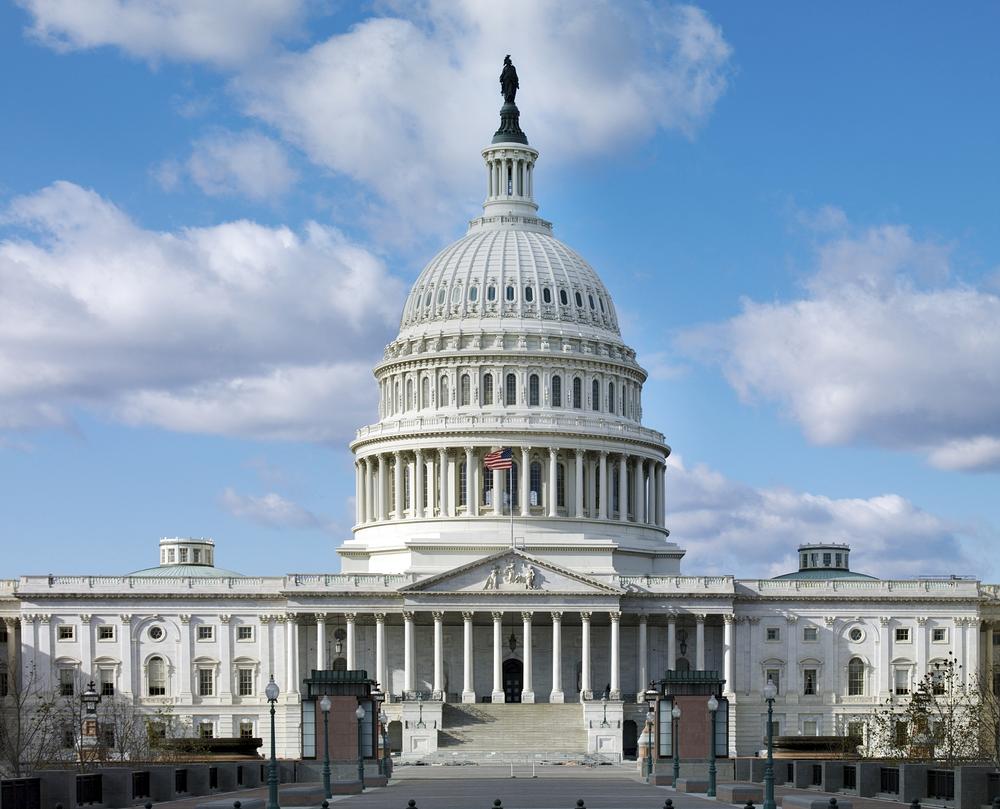4 Weird Tricks To Blunt Bad-Faith Politics

I've griped enough about the potency of the American right's bad-faith political arguments and its poisoning of every major political issue we face today, making almost every problem intractable as good-faith centrists and liberals try (and fail) to make nice with nihilists who do not believe what they say.
I've written about the right wing's bad faith attacks on reproductive rights and freedom, the genocidal bad-faith politics of the anti-LGBTQ movement, the bad faith that could keep student debt alive forever, the combination of good and bad faith that will undermine the January 6 Commission, and the stomach-churning bad faith that has made massacres an everyday occurrence in our gun-sick culture. I've even bemoaned the murderous bad faith of foreign autocrats who sound and act a lot like our new crop of radicalized congressional Republicans, who may soon control Congress in what could be a permanent red-pilled majority.
Enough whining. Enough bemoaning. I'm tired of bemoaning. I'm bemoaned out.